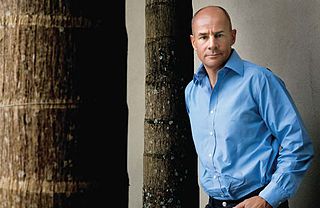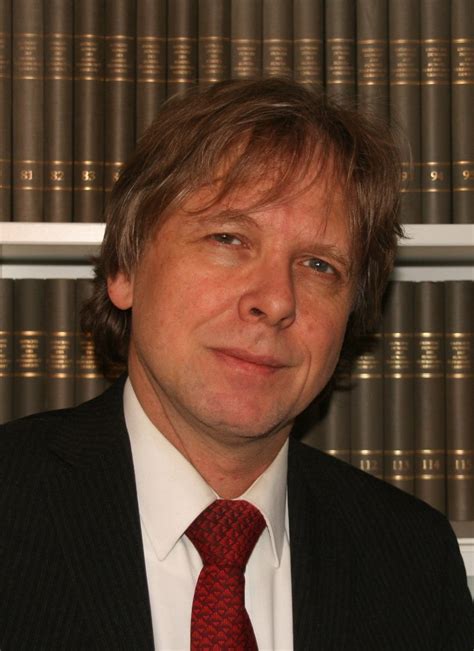A Quote by Raveena Tandon
Related Quotes
Zen enriches no one. There is no body to be found. The birds may come and circle for a while in the place where it is thought to be. But they soon go elsewhere. When they are gone, the "nothing," the "no-body" that was there, suddenly appears. That is Zen. It was there all the time but the scavengers missed it, because it was not their kind of prey.
Zen is the enemy of analysis, the friend of intuition. The Zen artist understands the ends of his art intuitively, and the last thing he would do is create categories; the avowed purpose of Zen is to eliminate categories! The true Zen-man holds to the old Taoist proverb,
Those who know do not speak. Those who speak do not know.




























